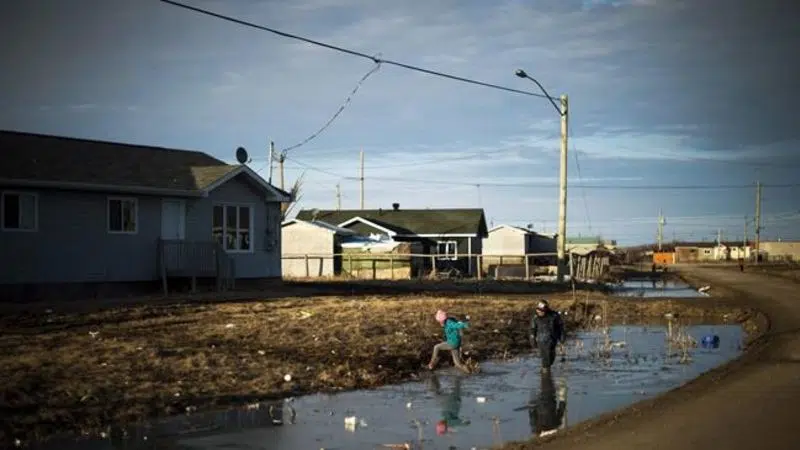
First Nations given max compensation for Ottawa’s child-welfare discrimination
OTTAWA — A Friday ruling by the Canadian Human Rights Tribunal about Canada’s treatment of Indigenous children demands a full investigation of the federal Indigenous-affairs department, says child-welfare advocate Cindy Blackstock.
The tribunal ruled the federal government had been “wilful and reckless” in discriminating against First Nations children living on reserves by chronically and knowingly underfunding child-welfare services.
It ordered the federal government to pay $40,000 for every First Nations child who was inappropriately taken away from his or her parents after 2006. The same amount is to be paid to each of their parents. Children who were abused in foster care and those who had basic services, like medical care, denied to them are also each entitled to $40,000. That’s the maximum the tribunal can award.
The Assembly of First Nations estimates about 54,000 children and their parents could be eligible for the money, meaning the total bill will likely exceed $2 billion.

